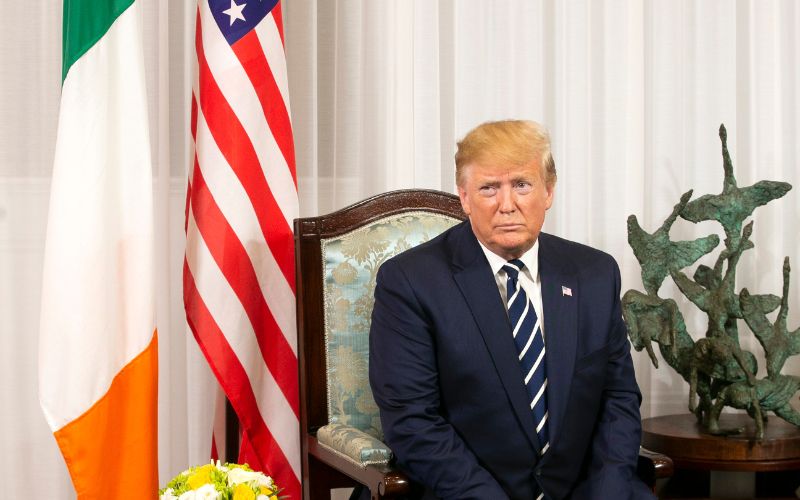14 men interned in 1971 were not tortured, according to a ruling by the European Court of Human Rights.
Fourteen men interned in Northern Ireland in 1971 were not tortured by the British, the European Court of Human Rights decided in a judgment on Tuesday.
In 1978 the court ruled that the treatment of the so-called “hooded men” had amounted to inhuman and degrading treatment, but not torture.
A revised ruling in the case taken by Ireland against Britain was sought in 2014 on the basis of new information disclosed by RTE. The Irish government argued at that time that the new information was not available to the court at the time of the original decision and showed that Britain knew of the long-term effects the interrogation techniques used on the men would have.
But in the ruling on Tuesday the Strasbourg-based court that oversees the implementation of the European Convention of Human Rights rejected the Irish government’s application for a revised decision.
The court said it had doubts that new documents it considered contained prima facie evidence or demonstrated facts that were “unknown” to the court when it delivered the original judgment.
The court held that five interrogation techniques used on the men constituted a practice of inhuman and degrading treatment but did not constitute a practice of torture.
“The applicant government’s request for revision must therefore be dismissed,” the court said. It dismissed the request by six votes to one.
Dissenting member of the seven-judge panel was Irish Judge Siofra O’Leary. The chamber also included a judge from Britain, Lord Reed, who agreed with the majority decision.
The 14 men, who were all Catholics, were detained indefinitely without trial and said they were subjected to a number of torture methods.
These included five techniques -- hooding, stress positions, white noise, sleep deprivation and deprivation of food and water -- along with beatings and death threats.
The men were hooded and flown by helicopter to a secret location, later revealed as a British Army camp at Ballykelly, outside Derry. They were also dangled out of the helicopter and told they were high in the air, although they were close to the ground.
None was ever convicted of wrongdoing.
The five techniques the men were subjected to were later banned by the prime minister at the time, Edward Heath.
The Irish government first took a human rights case against Britain over the alleged torture in 1971.
The European Commission ruled that the mistreatment of the men was torture, but in 1978 the European Court of Human Rights held that the men suffered inhumane and degrading treatment that was not torture.
One of the “hooded men,” Francis McGuigan, said on Tuesday that he was dismayed and disappointed with decision, but he added it was only a setback on a long and hard struggle.
He said at a Belfast press conference that the court had missed a great opportunity to stamp out torture all over the world. He called on the Irish government to appeal the decision.
He said the judgment reinforces the notion that governments can drag citizens from their bed and degrade and humiliate them. He said he still classifies what happened to him as torture.
Another of the hooded men, Liam Shannon, said the ruling was a disgrace and that he did not need anyone, including the court, to tell him they were tortured.
“We know we were,” he said.




Comments